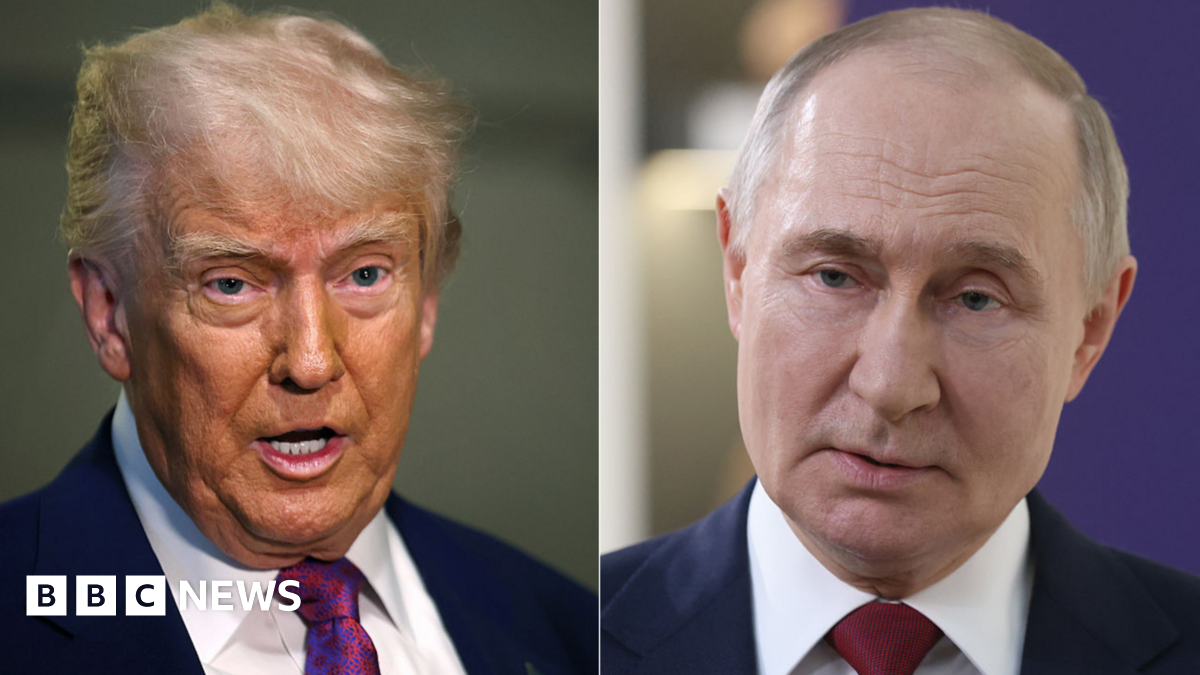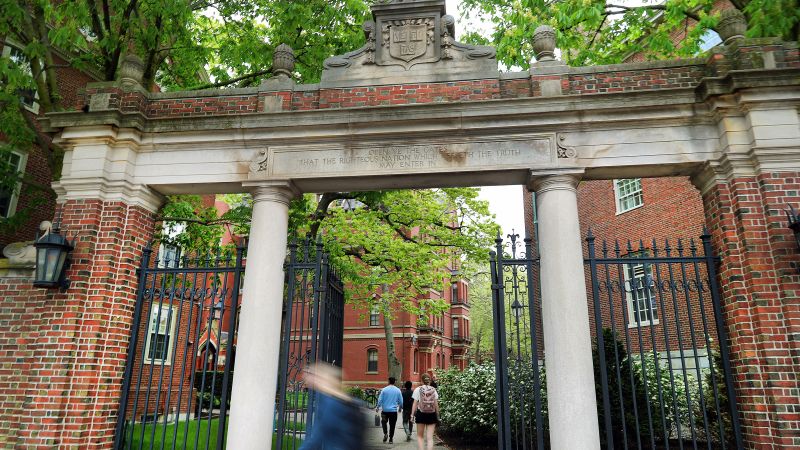From El Chapo's Lawyer to Judge? Controversial Candidates Vie for Seats in Mexico's Landmark Judicial Elections

Ciudad Juárez, Mexico – In a move that has sparked considerable debate and raised eyebrows across the nation, Mexico is preparing to hold its first-ever judicial elections next weekend. The outcome could significantly reshape the country's legal landscape, but the candidates themselves are proving to be a source of controversy. Among those vying for positions are individuals with a deeply unsettling past: a former lawyer for the infamous drug lord Joaquin “El Chapo” Guzmán, and a confessed ex-drug smuggler.
Leopoldo Chavez, who spent almost six years representing El Chapo, is seeking a federal judge position in Durango. His involvement in defending one of the world’s most notorious criminals has inevitably led to questions about his impartiality and suitability for the role. Critics argue that his past association casts a shadow over his ability to deliver fair and unbiased judgments, particularly in cases involving drug trafficking and organized crime – a persistent issue in Mexico.
Adding to the intrigue, another candidate, whose name hasn't been widely publicized, is an ex-drug smuggler who has reportedly confessed to his past involvement in the illicit trade. His presence on the ballot has further fueled concerns about the integrity of the judicial system and the potential for corruption. How can a person with such a background be considered for a position of such responsibility and authority?
These unprecedented elections were designed to increase transparency and accountability within the Mexican judiciary, which has long been criticized for its perceived lack of independence and susceptibility to influence. The reform aimed to allow citizens to directly elect judges, theoretically ensuring a more representative and trustworthy legal system. However, the inclusion of such controversial candidates threatens to undermine the very purpose of the reform.
The upcoming vote in Durango, and across other participating states, represents a pivotal moment for Mexico. The choices presented to voters are complex and raise profound questions about the qualifications and ethics expected of those entrusted with upholding the law. Will the electorate prioritize experience, even if it comes with a checkered past? Or will they demand a higher standard of integrity and a clear commitment to justice?
Legal experts and civil society organizations are urging voters to carefully scrutinize the candidates' backgrounds and to consider the potential implications of their election. The future of Mexico’s judicial system, and its ability to combat crime and corruption, may well depend on the choices made next weekend. The world is watching to see if this ambitious reform can truly deliver on its promise of a more just and equitable legal system.
Key Concerns and Questions:
- Can Leopoldo Chavez, El Chapo's former lawyer, be truly impartial as a judge?
- How does a confessed ex-drug smuggler qualify for a judicial role?
- Will these elections strengthen or weaken Mexico’s judicial system?
- What measures can be taken to ensure the integrity of future judicial appointments?
The results of these elections will undoubtedly have a lasting impact on Mexico's fight against crime and its pursuit of a more transparent and accountable government. The eyes of the nation, and indeed the world, are on Durango next weekend.






